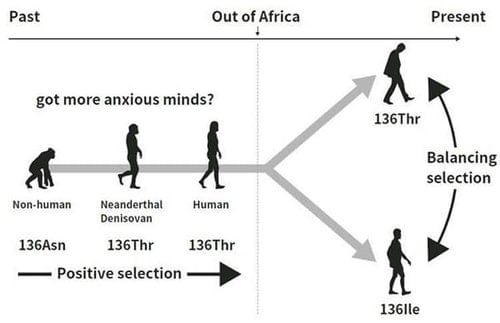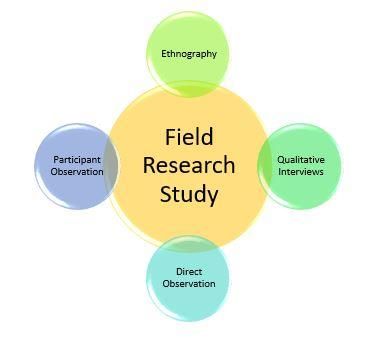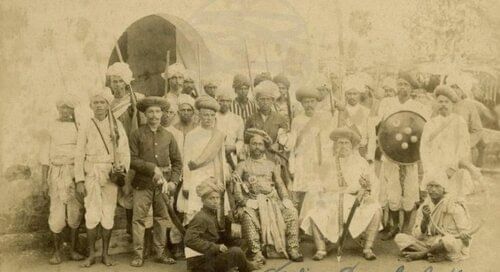|
The term is derived from the Greek words ‘Anthropos’ (human) and ‘Logos’ (science or discourse), meaning the study of humans. |
Card: 2 / 32 |
|
Physical anthropology focuses on the biology and evolution of humanity, while cultural anthropology studies ___. |
Card: 7 / 32 |
|
False. Cultural anthropology is learned through imitation, experience, and understanding. |
Card: 10 / 32 |
|
Physical anthropology can be defined as the study of ___ and ___ of the human race. |
Card: 11 / 32 |
|
Cultural anthropology primarily studies ___, ___, and ___ aspects of human life. |
Card: 13 / 32 |
|
True or False: Social anthropology focuses exclusively on material aspects of culture. |
Card: 15 / 32 |
|
False. Social anthropology primarily focuses on social structure and religion rather than material aspects. |
Card: 16 / 32 |
 Unlock all Flashcards with EduRev Infinity Plan Starting from @ ₹99 only
|
|
The emergence of anthropology as a distinct discipline primarily occurred in the ___ century. |
Card: 17 / 32 |
|
True or False: The influence of Charles Darwin and his theory of evolution was significant in shaping the foundational ideas of anthropology. |
Card: 19 / 32 |
|
True or False: Lewis Henry Morgan is known for his contributions to physical anthropology. |
Card: 23 / 32 |
|
False. He is known for founding social-cultural anthropology through comparative analysis of family and kinship structures. |
Card: 24 / 32 |
|
The shift in the perspective of anthropology after World War I emphasized the importance of ___ over speculation about primitive people. |
Card: 25 / 32 |
|
True or False: After World War II, anthropologists' focus shifted solely to physical measurements without considering genetics. |
Card: 27 / 32 |
|
False. After World War II, the focus included the study of growth and development influenced by advances in genetics. |
Card: 28 / 32 |
|
Colonial anthropology refers to the study of cultures in a context that emphasizes ___ and ___ exploitation. |
Card: 29 / 32 |
|
True or False: Neo-imperialism in anthropology focuses solely on contemporary cultural practices without considering historical contexts. |
Card: 31 / 32 |
|
False. Neo-imperialism in anthropology often critiques contemporary practices by examining their historical roots and implications. |
Card: 32 / 32 |






























